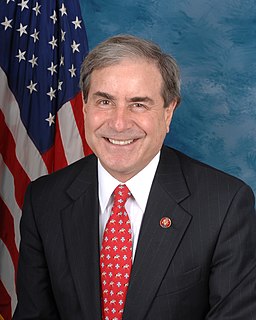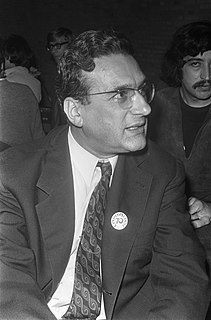A Quote by John Newton
If our zeal is embittered by expressions of anger, invective, or scorn—we may think we are doing service of the cause of truth, when in reality we shall only bring it into discredit!
Related Quotes
It is best if we do not listen to or look at the person whom we consider to be the cause of our anger. Like a fireman, we have to pour water on the blaze first and not waste time looking for the one who set the house on fire. "Breathing in, I know that I am angry. Breathing out, I know that I must put all my energy into caring for my anger." So we avoid thinking about the other person, and we refrain from doing or saying anything as long as our anger persists. If we put all our mind into observing our anger, we will avoid doing any damage that we may regret later.
Christlike communications are expressions of affection and not anger, truth and not fabrication, compassion and not contention, respect and not ridicule, counsel and not criticism, correction and not condemnation. They are spoken with clarity and not with confusion. They may be tender or they may be tough, but they must always be tempered.
Now, I think our prophet today is telling all of us, in this day and time, to go and bring in those people who are out on the plains. Each worthy young man should go on a mission. And each one of us, though we may not be called to active missionary service, can be on a mission and be involved in a cause that is greater than we are, the greatest cause of all in the world: the salvation of each of our Father's children.
I would just like to remember some words of St. Francis of Assisi which I think are really just particularly apt at the moment. 'Where there is discord, may we bring harmony. Where there is error, may we bring truth. Where there is doubt, may we bring faith. And where there is despair, may we bring hope.
Every deviation from the rules of charity and brotherly love, of gentleness and forbearance, of meekness and patience, which our Lord prescribes to his disciples, however it may appear to be founded on an attachment to Him and zeal for His service, is in truth a departure from the religion of Him, "the Son of Man," who "came not to destroy men's lives, but to save them.
And now I send these pages forth, not knowing what shall befall them, but with the earnest prayer that they may be blessed to aid the cause of truth and righteousness, and that He in whose name they are written may, of His mercy, "Forgive them where they fail in truth, And in His wisdom make me wise."
Confronting our feelings and giving them appropriate expression always takes strength, not weakness. It takes strength to acknowledge our anger, and sometimes more strength yet to curb the aggressive urges anger may bring and to channel them into nonviolent outlets. It takes strength to face our sadness and to grieve and to let our grief and our anger flow in tears when they need to. It takes strength to talk about our feelings and to reach out for help and comfort when we need it.





































